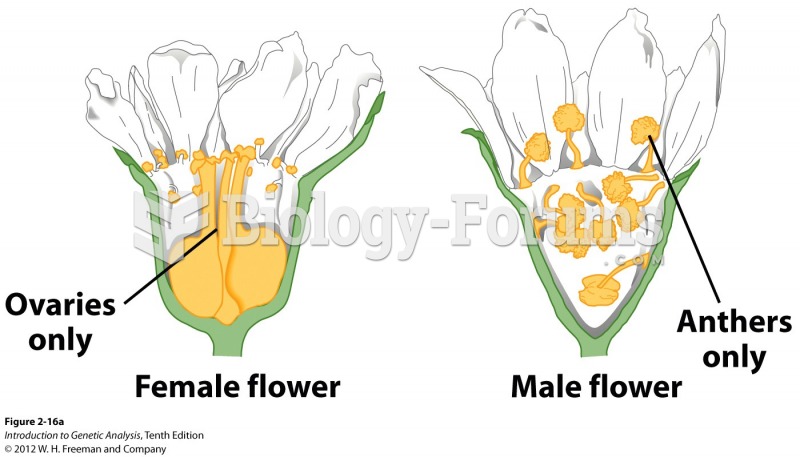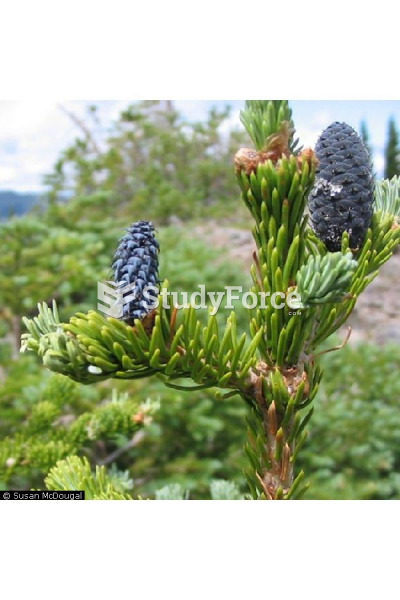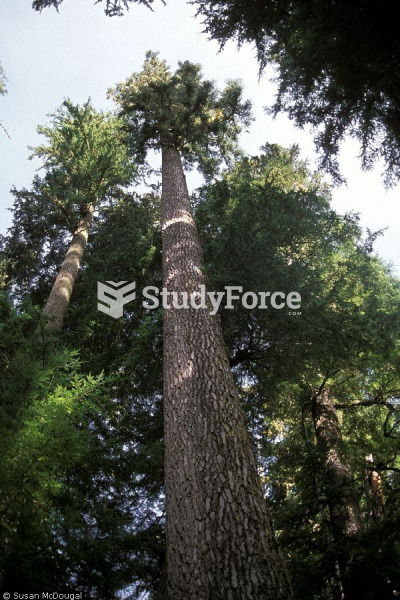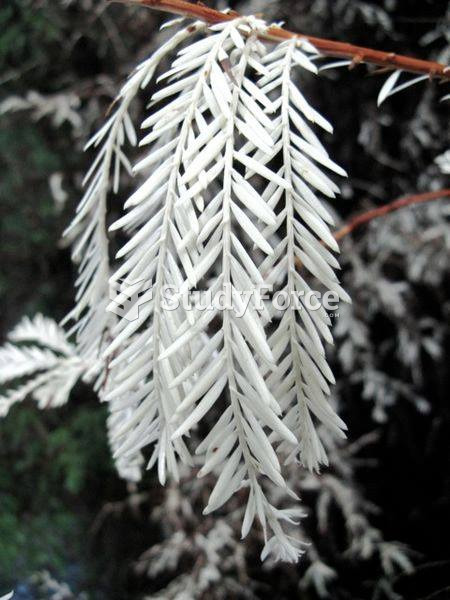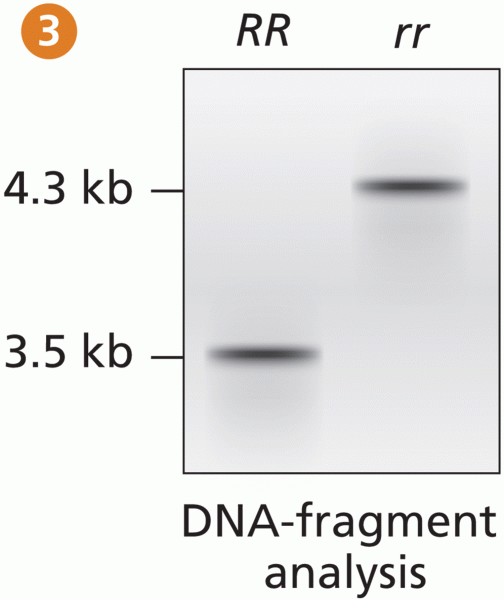|
|
|
Women are 50% to 75% more likely than men to experience an adverse drug reaction.
Bacteria have flourished on the earth for over three billion years. They were the first life forms on the planet.
Chronic necrotizing aspergillosis has a slowly progressive process that, unlike invasive aspergillosis, does not spread to other organ systems or the blood vessels. It most often affects middle-aged and elderly individuals, spreading to surrounding tissue in the lungs. The disease often does not respond to conventionally successful treatments, and requires individualized therapies in order to keep it from becoming life-threatening.
The first documented use of surgical anesthesia in the United States was in Connecticut in 1844.
More than 150,000 Americans killed by cardiovascular disease are younger than the age of 65 years.


